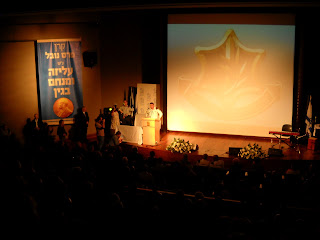Benny Begin: The family expressed opposition to the new bills six months ago, and when hearings were convened, no one turned to us.
By Zvi Zrahiya
The family of the late Prime Minister Menachem Begin is opposed to Bank of Israel Governor Stanley Fischer's decision to issue a bill with a portrait of the deceased leader.
Minister Benny Begin stated on Sunday evening that his family expressed their opposition to the new bills six months ago. He said that after months of discussions with the Bank of Israel, the family was not consulted in the final decision to issue the bills.
Legally, the bank does not have to consult with the Begin family ahead of issuing the bills.
Fischer had called the Begin family over the weekend and discussed the matter at hand with Benny Begin, who again voiced his objection. The Bank of Israel governor also decided to issue bills with portraits of Yitzhak Rabin, Shai Agnon, and the poet Rachel.
Officials at the Finance Ministry were surprised by Fischer's decision. They had lobbied for more women and intellectuals to appear on new bills.
Finance Minister Yuval Steinitz (Likud) vowed to vote against the measure next week. Also, Culture and Sports Minister Limor Livnat (Likud) stated her opposition to the proposed bills and demanded that another woman be added to the list.
In response, Governor Fischer stated that it was important to highlight the nation's leaders for future generations. He also thanked members of the committee, headed by retired Supreme Court justice Jacob Turkel, who helped advise the governor regarding the new bills.
Reported:
Begin, Rabin to appear on new Israeli bills
December 20, 2010
The images of the late Israeli Prime Ministers Menachem Begin and Yitzhak Rabin will appear on new Israeli currency.
The late writer S.Y. Agnon and poet Rachel Bluwstein Sela, who was known simply as Rachel, also have been chosen for the honor.
The Bank of Israel announced the new series of banknotes, and its honoring of the political and cultural history of Israel, on Sunday.
Begin and Rabin were chosen for signing peace treaties with Israel's neighbors -- Begin with Egypt and Rabin with Jordan and an interim agreement with the Palestinians -- Bank of Israel Governor Stanley Fischer said.
The image choices require Cabinet approval.
The new currency, in the form of 20, 50, 100 and 200 shekel bills, is scheduled to be issued in 2012 and will include advanced anti-forgery methods.
.






































